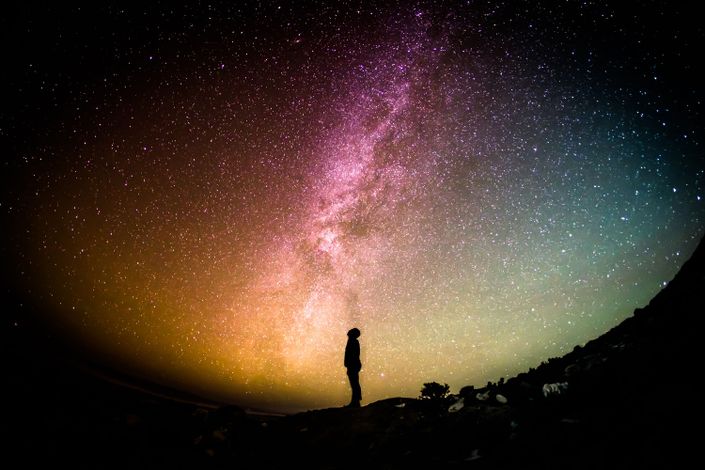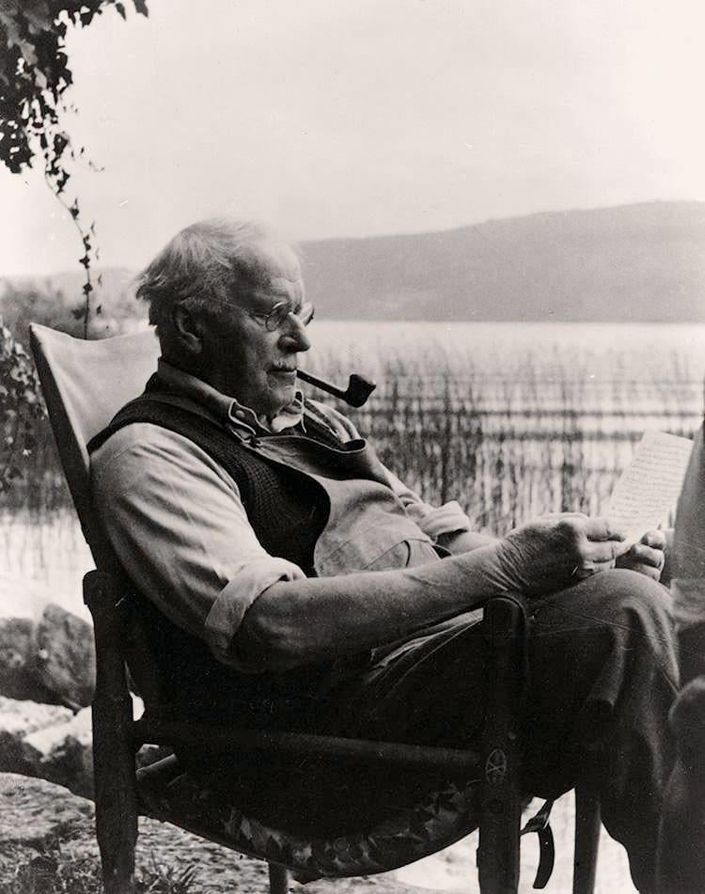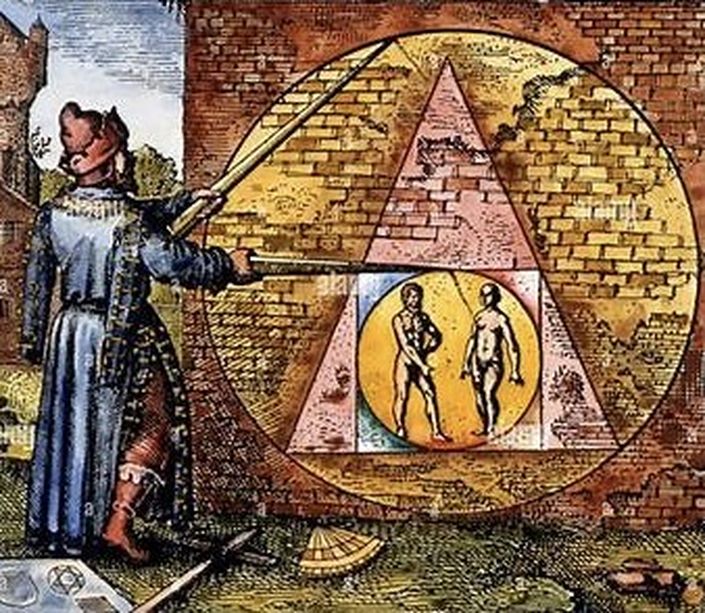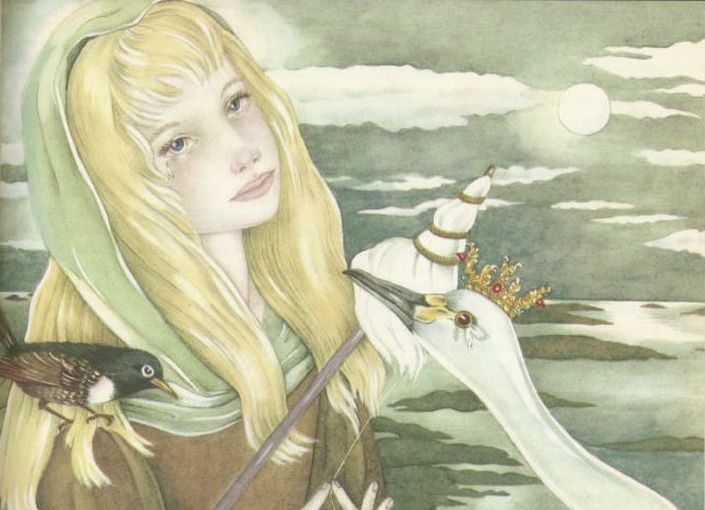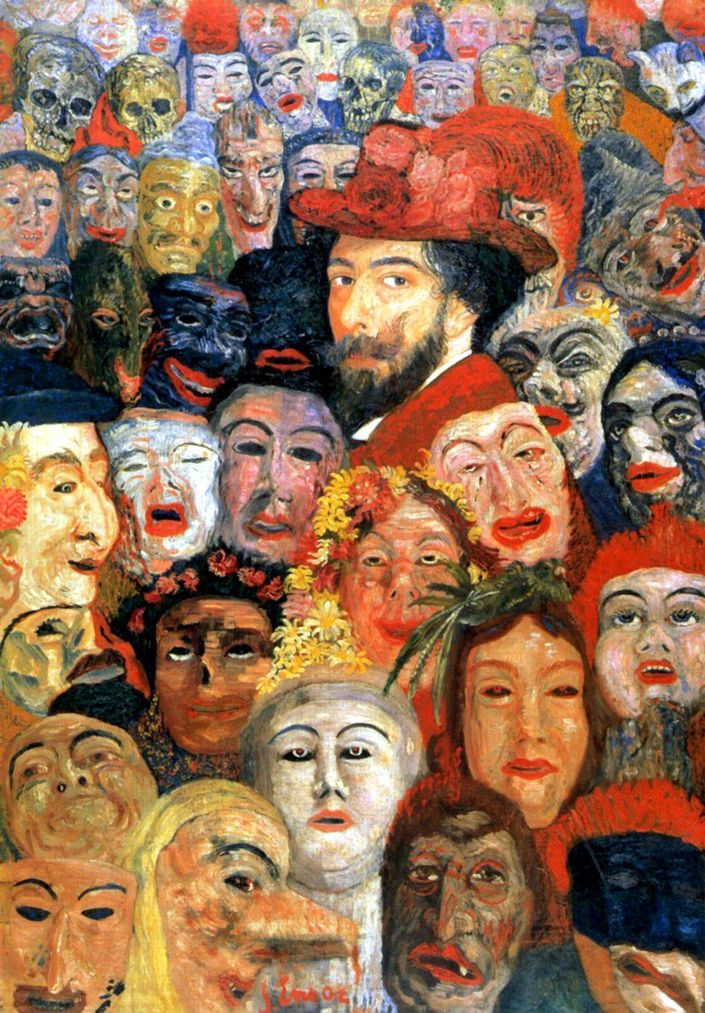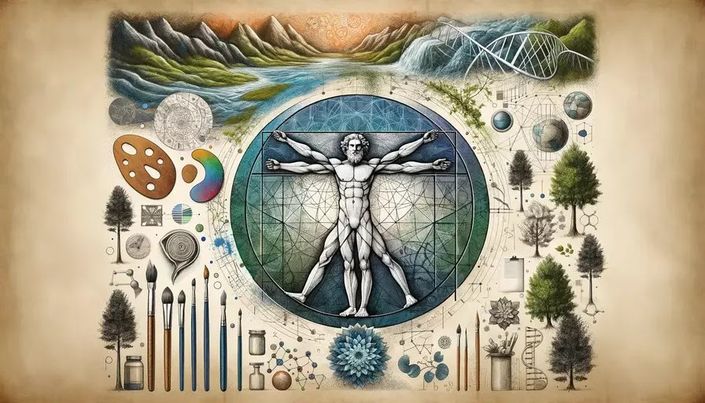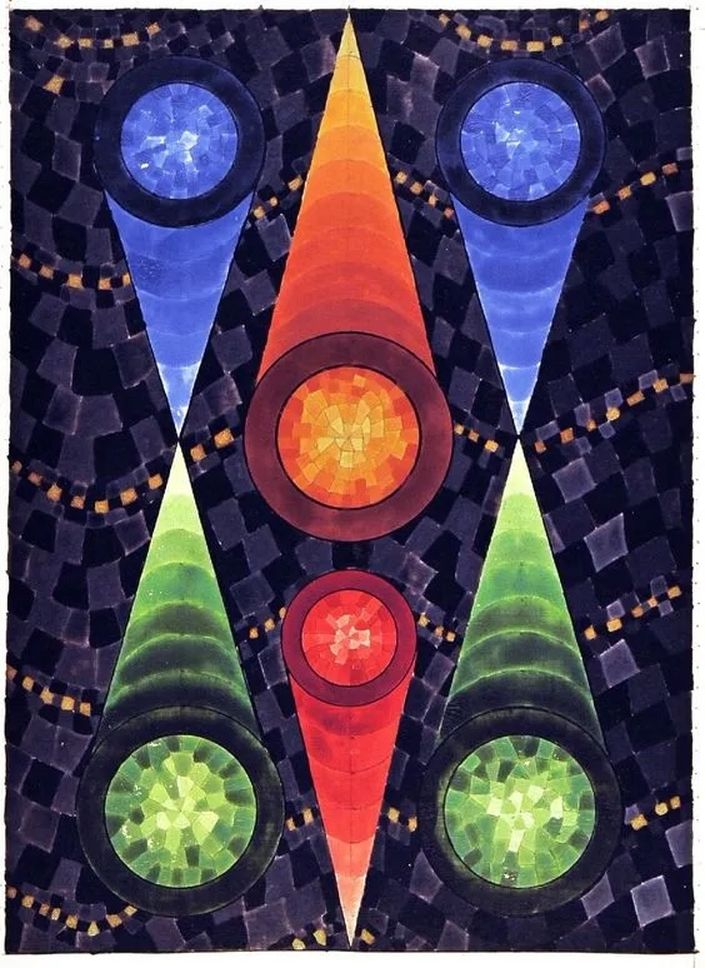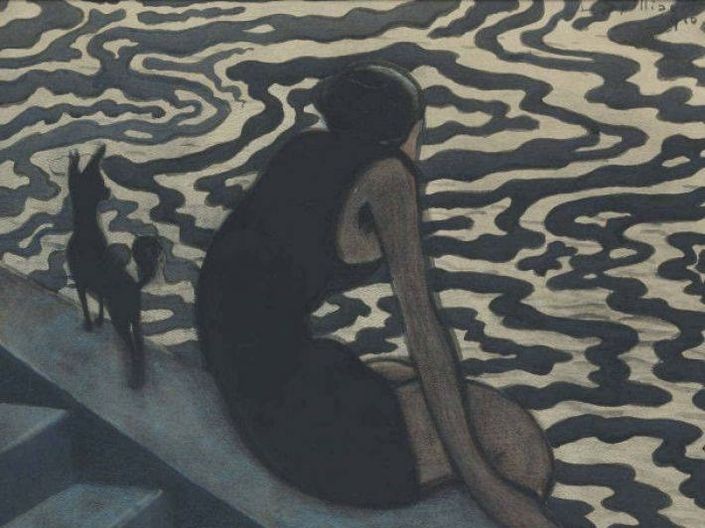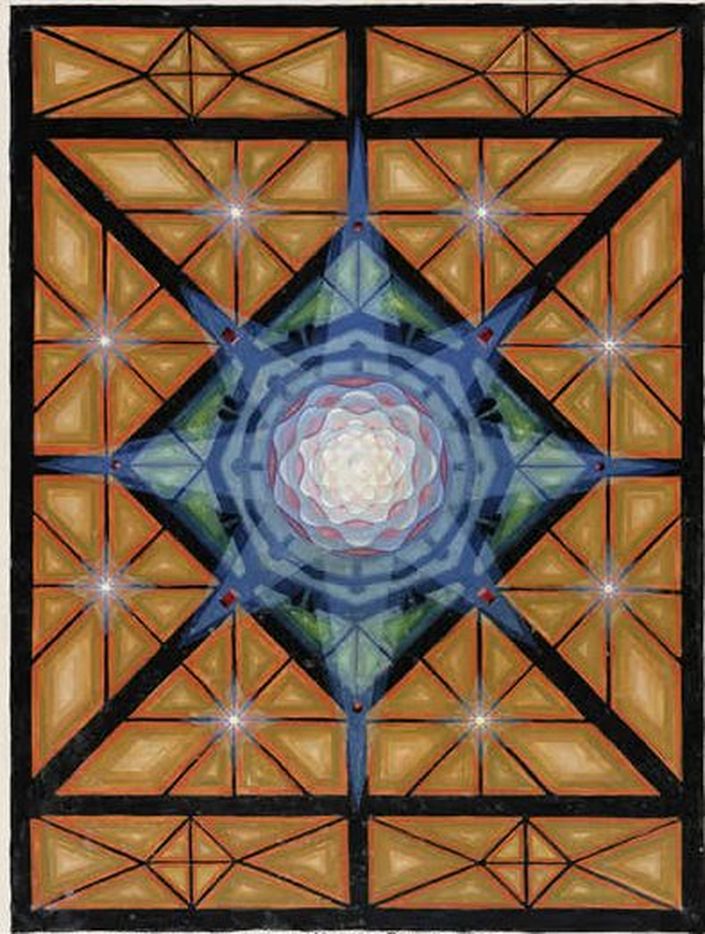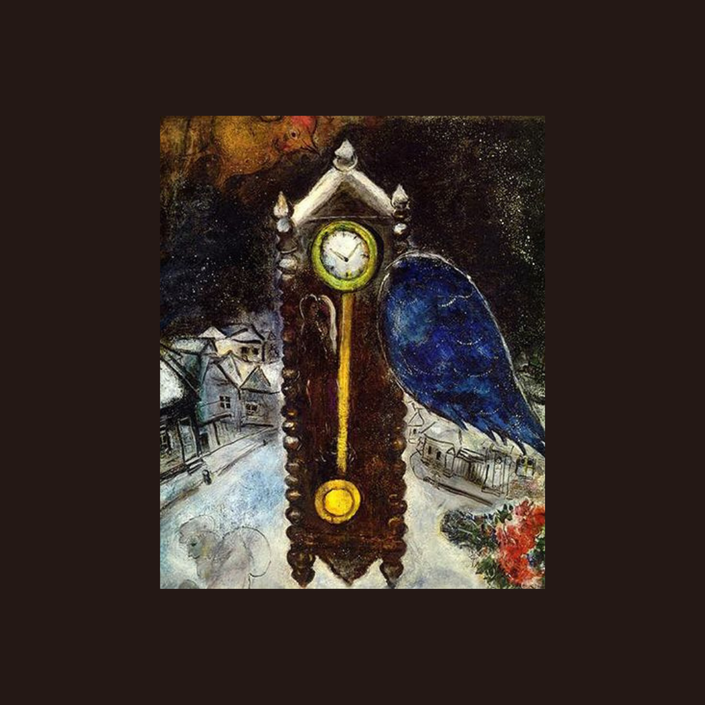
About C.G. Jung
C.G. Jung was a prominent figure in the newly emerging study of the psychology of the unconscious at the beginning of the 20th century. His influence in this realm reaches far beyond his contemporaries in the field (Freud and others), though this often goes unrecognized. He was an empiricist and a dreamer, a historian and a visionary, an intellectual giant and simultaneously an enduring apprentice of the psyche.
Early in his life, Jung understood that his nature was deeply divided. This division was the cause of both his severest suffering and also his deepest joy. His divided state cleared a path for him, long and arduous, but full of the numinosum. His psychology is dialogic. His journey is a journey into wholeness. Along his path, he discovered a way to create a space within which consciousness and the unconscious could approach one another more readily and with less hostility, and he suggested a manner in which the union of these, and of all pairs of opposites, might be contained, leading to a more creative, cohesive, and meaningful life.
This he named individuation.
Jung's Contribution
Jung’s intellectual and psycho-spiritual legacy is a vital and tangible source from which a powerful and wide-reaching undercurrent flows that courses through and vivifies contemporary discourse. Concepts and terms that he brought to life while attempting to map unknown territory in the human psyche continue to find expression, efficacy, and meaning in the present day. Terms like shadow, archetype, anima/animus, psychological complex, introversion/extroversion, the collective unconscious, individuation, the Self, synchronicity, and alchemy (as a metaphor for transformation) flavor contemporary culture, anchor many personal growth models, and permeate existing and emerging spiritual disciplines.
Our Courses

About Us
We are a group converging around the ideas, concepts, and extensive writings of Swiss psychologist Carl Gustav Jung. Our intent is foremost to establish and nurture a community of curious and inquisitive explorers wishing to dive deeply into Jung’s ideas.
Deep dives can yield shimmering pearls, as Jung well knew, and can be exhilarating but also treacherous. As a community we seek to suggest, facilitate, and encourage joyful learning and the development of consciousness through conversation, reflection, introspection, discernment, and ultimately through the application of Jungian ideas expanded meaningfully and generatively into 21st century life.

